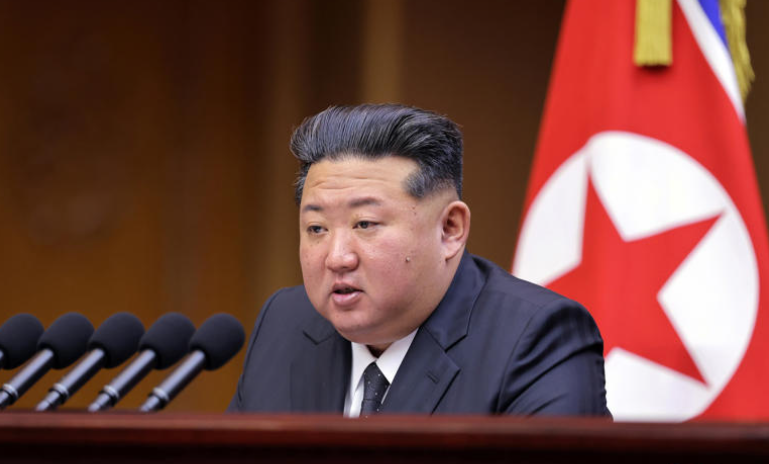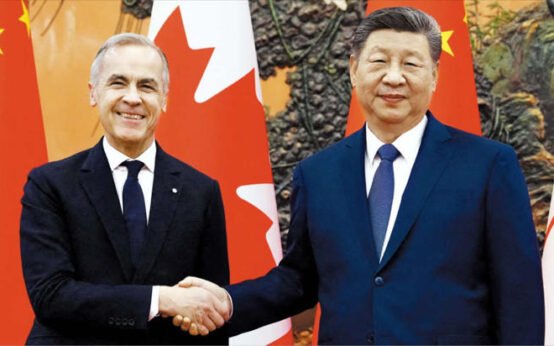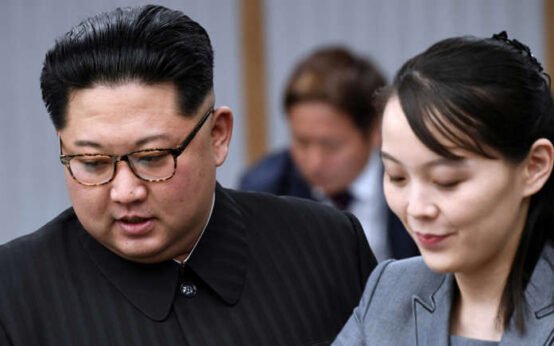North Korea’s leader Kim Jong Un has stated he is willing to meet with U.S. President Donald Trump again, but only if Washington drops its long-held demand that Pyongyang completely denuclearize. Kim made this proposal during a speech at the Supreme People’s Assembly, emphasizing that giving up nuclear weapons would violate what he sees as North Korea’s security and survival.
Fond Memories of Trump, But New Conditions for Talks
Kim recalled his “good memories” of meetings with Donald Trump during Trump’s earlier presidency, noting they met three times. However, he stressed that past dialogues faltered when denuclearization demands resurfaced. For Kim, meeting again depends on reshaping the terms .

instead of trading dismantling of nuclear weapons for relief from sanctions, he wants the U.S. to recognize North Korea’s nuclear status while agreeing to coexistence. Across the border in Seoul, newly sworn-in President Lee Jae-myung has proposed a different approach.
He supports a strategy that would ask North Korea to freeze further nuclear weapons production, rather than giving up its existing arsenal. Lee sees this as a pragmatic interim step—one that could build trust and be more achievable in current geopolitical conditions. He also urges renewed dialogue between North and South Korea.
Kim’s Rejection of South Korea-U.S. Phased or Dual Track Plans
While Kim appears open to rejoining dialogue, he harshly dismissed proposals from Seoul and Washington that include phased denuclearization. He claimed those ideas, including ones that call for negotiations first on partial freezes or arms control, are disguised efforts to undermine his regime.

He asserts that unless the U.S. abandons its obsession with denuclearization, he sees no point in further talks. Kim also referenced historical examples where countries reportedly relinquished nuclear weapons under U.S. influence and then faced disarmament without guaranteed security in return. He used those examples to explain why North Korea views its nuclear arsenal as indispensable for regime survival.
Potential Implications If U.S. Alters Its Demands
If the U.S. drops its demand for full denuclearization as a precondition, it could reopen diplomatic space. Kim’s remarks suggest he’d be willing to engage again, perhaps meeting Trump. Such a shift might lead to incremental agreements, such as freezing weapons production or suspending missile launches in return for sanctions easing.
But analysts warn that dropping denuclearization as a starting point poses risks: it could be seen globally as legitimizing a nuclear-armed North Korea. It may also weaken leverage for non-proliferation and arms control norms. Countries like South Korea and Japan will closely watch whether U.S. policy backs these changing terms, and whether security guarantees are sufficient.
Even if Washington shifts its position, many challenges remain. Kim wants more than diplomatic acknowledgment; he demands respect for regime security. The U.S. faces internal opposition to abandoning denuclearization demands.


 Canada and China reset strategic partnership under Trump pressures
Canada and China reset strategic partnership under Trump pressures  Trump Aggressive Push to Oust Maduro: Drugs, Gangs, Oil, and Geopolitical Dominance
Trump Aggressive Push to Oust Maduro: Drugs, Gangs, Oil, and Geopolitical Dominance  Could Kim Jong un’s sister, Kim Yo Jong, become the next leader of North Korea?
Could Kim Jong un’s sister, Kim Yo Jong, become the next leader of North Korea?  Trump Faces Backlash as Canadian Tourism to US Plummets in 2025
Trump Faces Backlash as Canadian Tourism to US Plummets in 2025  Trump ‘Patriot Games’ Announcement Sparks Widespread Dystopian Parallels to ‘The Hunger Games’
Trump ‘Patriot Games’ Announcement Sparks Widespread Dystopian Parallels to ‘The Hunger Games’  Kim Jong Un’s Rewards for Backing Russia in Ukraine War
Kim Jong Un’s Rewards for Backing Russia in Ukraine War